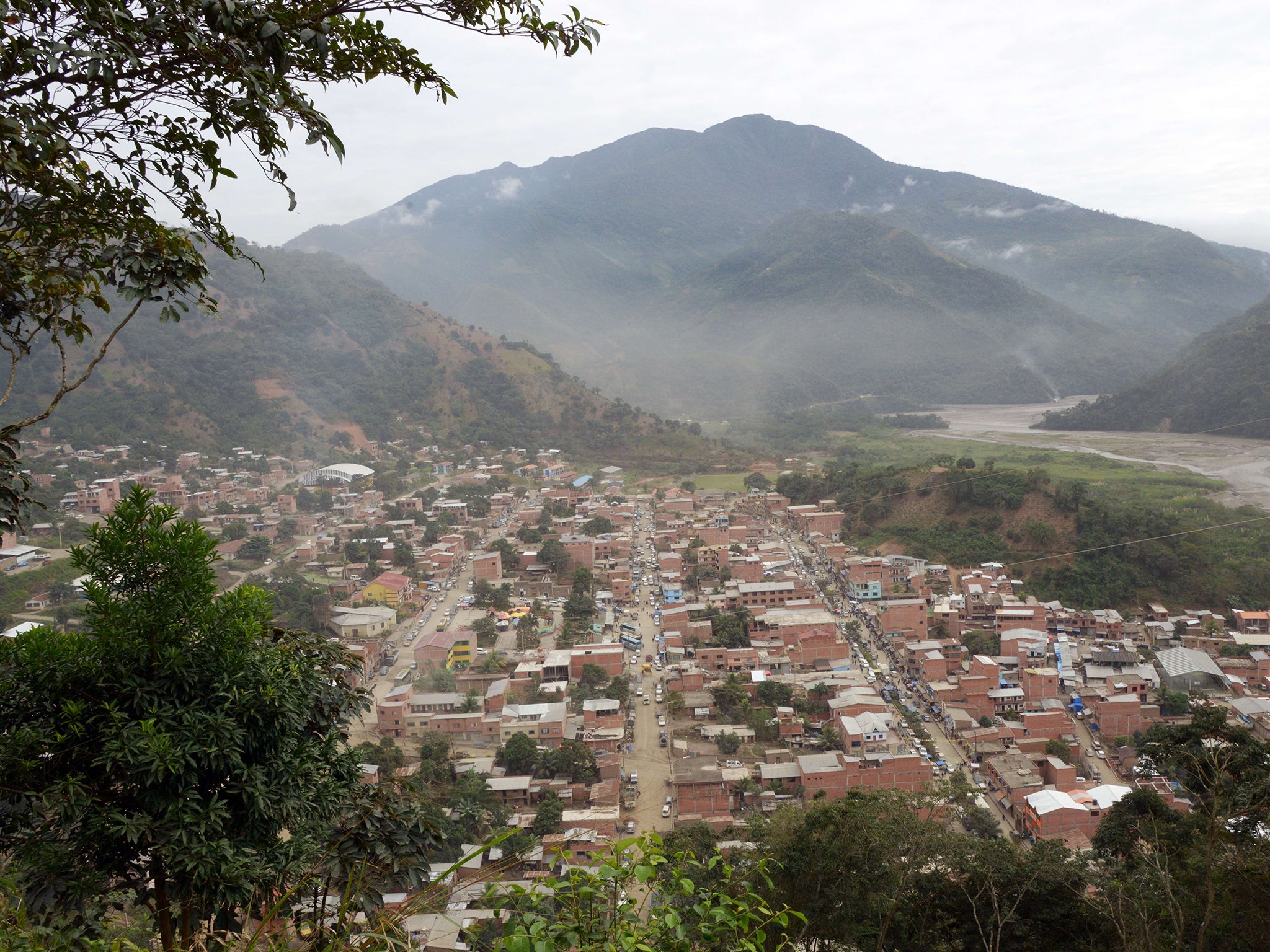The Bolivian town that banned alcohol for a month to stop assaults and sexual abuse
Video: Vigilantes would shoot firecrackers to warn bars to shut down

Your support helps us to tell the story
From reproductive rights to climate change to Big Tech, The Independent is on the ground when the story is developing. Whether it's investigating the financials of Elon Musk's pro-Trump PAC or producing our latest documentary, 'The A Word', which shines a light on the American women fighting for reproductive rights, we know how important it is to parse out the facts from the messaging.
At such a critical moment in US history, we need reporters on the ground. Your donation allows us to keep sending journalists to speak to both sides of the story.
The Independent is trusted by Americans across the entire political spectrum. And unlike many other quality news outlets, we choose not to lock Americans out of our reporting and analysis with paywalls. We believe quality journalism should be available to everyone, paid for by those who can afford it.
Your support makes all the difference.After three minors were raped in less than one week, the residents of a small town of cocoa farmers in Bolivia decided to take the law into their own hands.
With a strong distrust of local law enforcement and a huge amount of anger at the dominance of drug traffickers and car-smugglers in their town, neighbourhood leaders from La Asunta imposed a month-long ban on alcohol and a 10pm curfew for people under 18.
"This has gotten out of hand. The police can't do anything so we've decided to take our own measures and we've called for complying with a 30-day dry law," said Jorge Mendoza, a neighborhood leader in the town some 60 miles (100 kilometers) northeast of La Paz, the capital.
With the law taking place throughout June, Juan Carlos Coche, another member of the neighbour watch group, said the policy had been a success and there had been a clear drop in alcohol consumption, robberies, assaults and sexual abuses.
The law was enforced by residents patrolling the town (population 7,000) and shooting firecrackers to warn saloons and discos to close down.
For many residents, the police are not up to the job of dealing with the issues: Edmuno Luna, the father of an 11-year-old rape victim, said that the police are far too corrupt. "They keep threatening us, the first thing they do is take our money. Do you have cash for gas? Do you have cash for commission? You have to have at least $700."
Vigilante justice over the last month has seen an alleged rapist forced to where a sign "I am a rapist" while being beaten up by a large crowd before eventually being handed to authorities. For some, that is the right way to go.
Virginia, a resident of La Asunta, said: "If this happened to my daughter, I would do it. I would take justice into my own hands. I would kill him. I would buy 20 litres of oil and burn the man who did it. I would do that because there is no justice. They let rapists run free."
Residents and officials are now considering whether they should extend the dry law - or make it permanent.
Join our commenting forum
Join thought-provoking conversations, follow other Independent readers and see their replies
Comments